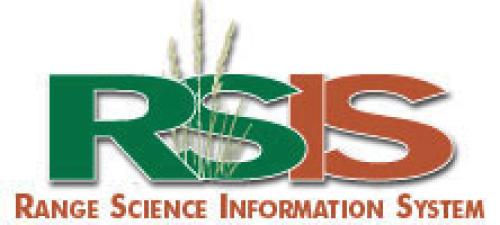Simulation model (Simple Ecological Sustainability Simulator- SESS) representing a hypothetical 100ha ranch in northern Mexico, southern TX, was used to determine ecological and economic consequences of land management in which summer fire was applied regularly over 30 years to control mesquite. Model was to reflect biological and economic implications of varying stocking levels and strategies, fire types and frequencies, and various rainfall, soil composition, topography and species composition factors. Model data was compared with grazing experiment data from 8 ranch-size management units (1283 to 2130 ha each) in Wilbarger County, northern TX. Herbaceous standing crop was measured for direct comparison with model output.

Citations and enhanced abstracts for journals articles and documents focused on rangeland ecology and management. RSIS is a collaboration between Montana State University, University of Idaho, and University of Wyoming.